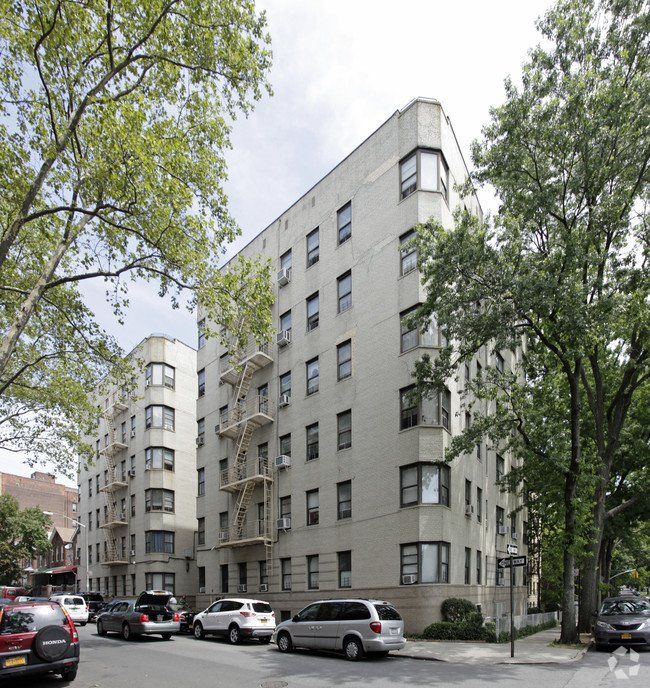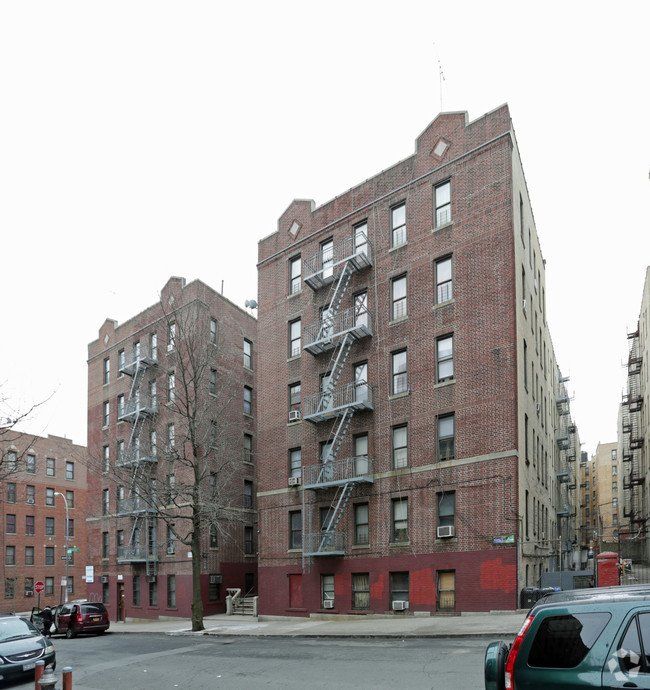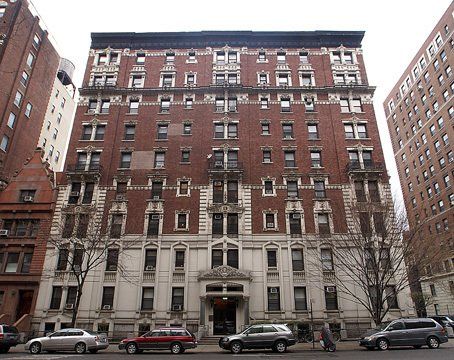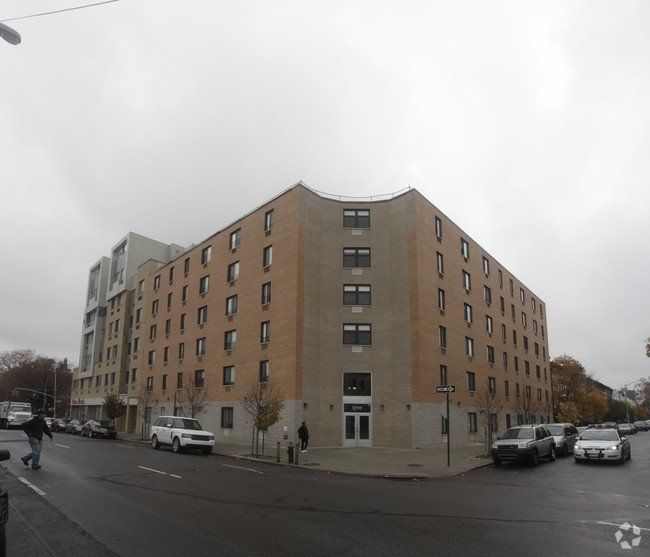New Jersey Energy and Water Benchmarking
Good for the planet, onerous for the building owners. We bridge the gap.
Get Started Today!
Submit a form to get in touch with a Project Manager who will answer questions about your properties. No obligations!
NJ Benchmarking
We will get back to you as soon as possible.
Please try again later.
What is NJ's Energy and Water Benchmarking?
New Jersey's energy and water benchmarking is a policy that requires certain buildings to measure and report their energy and water usage. The New Jersey Energy & Water Benchmarking is both a useful and onerous requirement for NJ owners and managers.
The process helps to identify energy savings, but the costs of compliance can be significant. ReDocs is better than anyone at closing the gap between the problems and the benefits that this law creates.
The benchmarking requirement applies to New Jersey properties over 25,000 sq ft. which are either commercial properties (class 4A) or apartments designed for five or more families (class 4C).
What is the goal of New Jersey's Energy and Water Benchmarking program?
The goal of New Jersey's energy and water benchmarking policy is to improve the energy and water efficiency of buildings in the state by requiring building owners to measure and report their energy and water usage.
By collecting and analyzing this data, building owners and managers can identify opportunities to improve efficiency and reduce costs, while also helping to reduce greenhouse gas emissions and conserve natural resources.
Additionally, the public disclosure requirement aims to provide transparency and promote awareness of energy and water usage among tenants and prospective buyers or lessees, encouraging them to prioritize energy efficiency when making decisions about where to live or work.
Frequently Asked Questions
-
What is the purpose of the new benchmarking program?
The benchmarking program aims to monitor and assess energy and water usage in buildings to promote energy efficiency. It requires certain building owners to report energy and water consumption data through the Portfolio Manager tool.
-
Which buildings are required to participate in the benchmarking program?
Commercial properties (class 4A), apartments designed for five families or more (class 4C), and certain state properties (a subset of class 15C) are required to participate. The program excludes vacant land, residential buildings with four families or less, farms, industrial properties, railroad properties, public schools, and others.
-
How will the list of buildings required to participate be developed?
The list, known as the Covered Buildings list, will be developed using data from the State's tax assessment database, MOD-IV. It will be updated annually.
-
What is the role of state agencies in the benchmarking program?
State agencies are required to benchmark state-owned buildings over 25,000 square feet in the same manner as commercial building owners, leading by example.
-
Are there exemptions to the benchmarking requirements?
Yes, exemptions are available for new buildings in their first year, buildings that have been demolished, buildings unoccupied for a full year, and buildings under foreclosure or bankruptcy. Other situations may qualify for exemption on a case-by-case basis with sufficient evidence.
-
What is the 4/50 rule?
The 4/50 rule is a data aggregation guideline. If a building has four or more tenants, or no single tenant uses more than 50% of the energy or water, the utility data is aggregated to anonymize the data. Otherwise, building owners must obtain written consent from tenants to access energy and water data.
-
What is the role of utilities in this program?
Regulated electric, natural gas, and water utilities are required to provide aggregated building-level data to owners of covered buildings. The data must be anonymized according to the 4/50 rule.
-
Can a third-party handle the benchmarking process on behalf of the building owner?
Yes, building owners can designate a third-party, such as a property manager, to complete the annual Portfolio Manager submission. The program is developing a NJ Certified Benchmarker certification to help building owners find knowledgeable personnel for this task.
-
What is the deadline for submitting data for the benchmarking program?
For the first benchmarking program year (2022), the data submission deadline is October 1, 2023. For subsequent years, the deadline is July 1.
-
What resources are available for building owners regarding the benchmarking program?
The program will implement a robust outreach plan, including a CRM system with a help desk, training website with information modules, informational workshops, collaboration with state-level stakeholder organizations, and benchmarking program information posted on the BPU’s benchmarking webpage.
-
How does the program ensure consumer data privacy?
The program has implemented data aggregation processes like the 4/50 rule to anonymize consumer utility data. Furthermore, there will be a stakeholder meeting to solicit feedback on public reporting of benchmarking data to strike a balance between transparency and data protection.
-
How are the costs of implementing the benchmarking program recovered?
Regulated utilities are directed to file for cost recovery for reasonable expenses associated with implementing the Benchmarking Requirement. These will be evaluated in future base rate case proceedings.
-
What actions are taken to maximize the benefits of the benchmarking program?
The program proactively promotes energy efficiency programs for all properties and leverages utility data to target high-consuming buildings for outreach. Additionally, it seeks to collaborate with other energy-saving initiatives and programs in New Jersey.
© 2024 ReDocs, Inc. | All Rights Reserved | Privacy Policy








